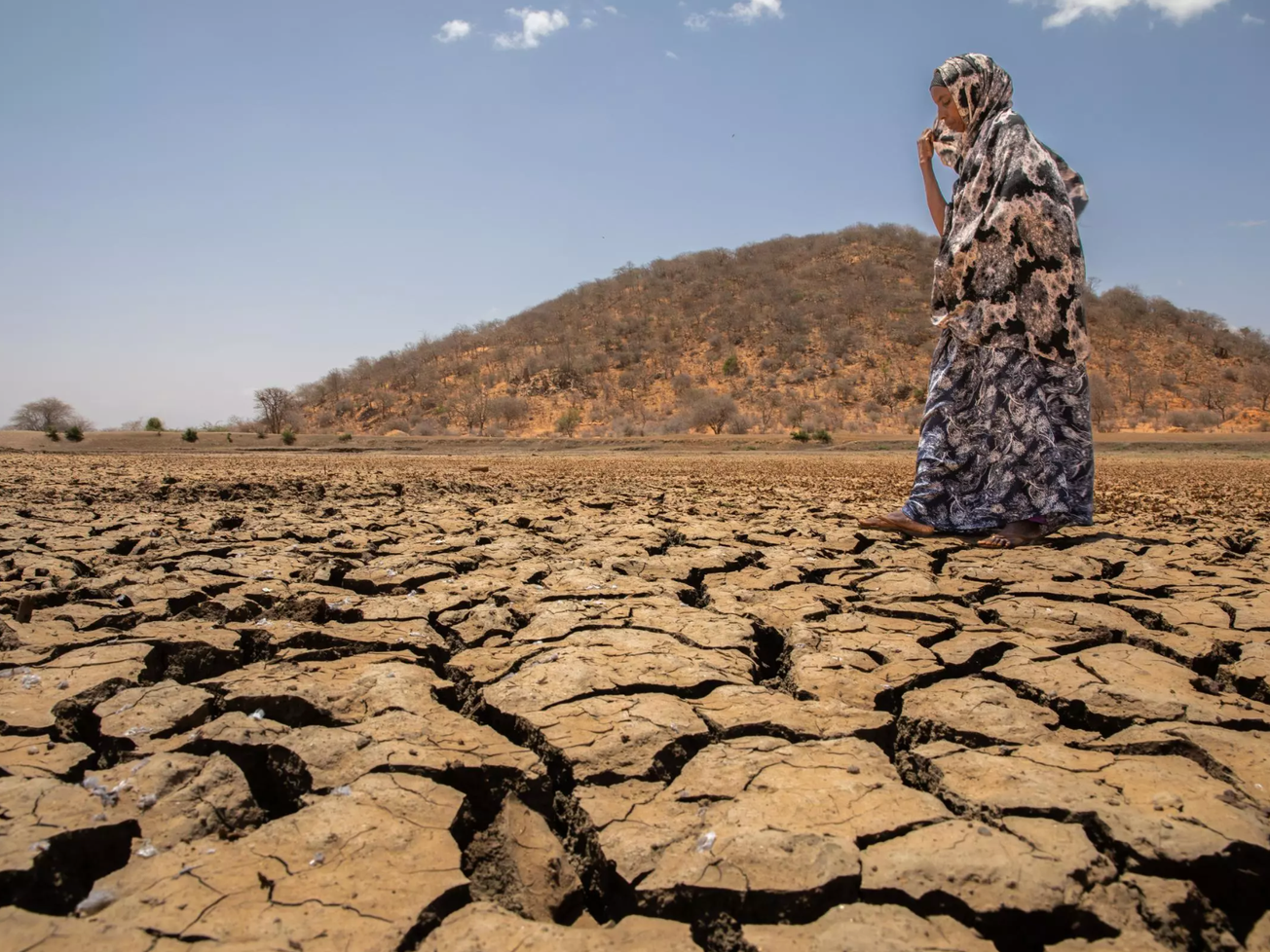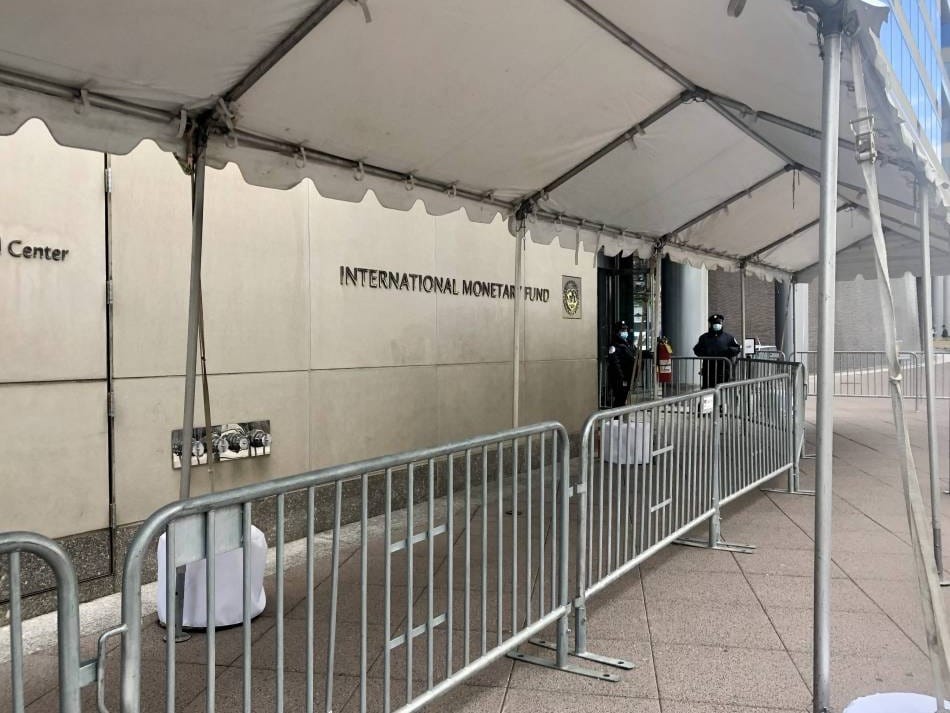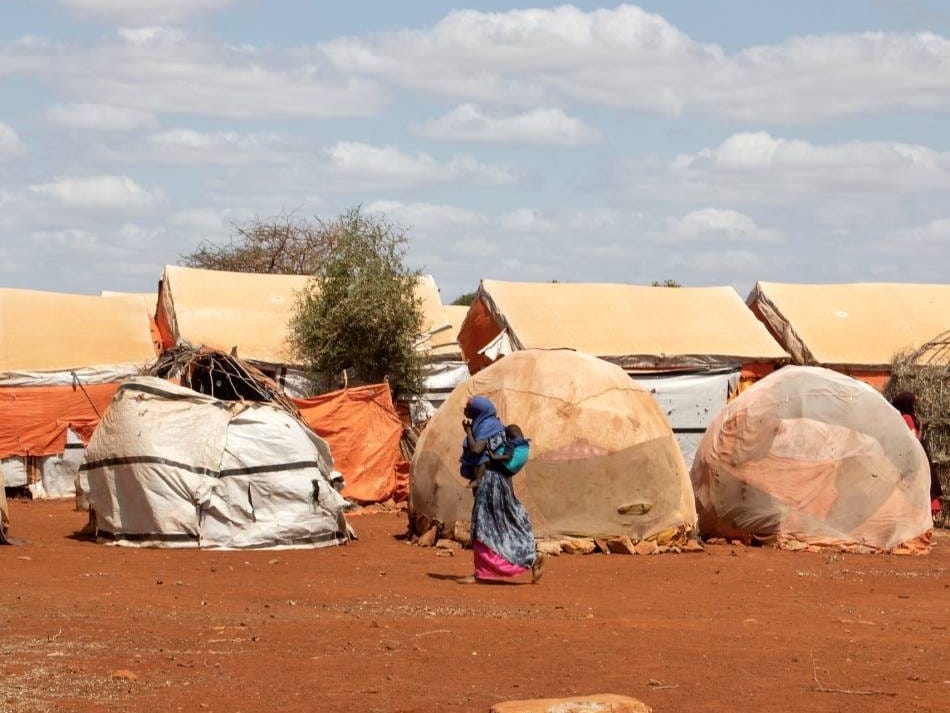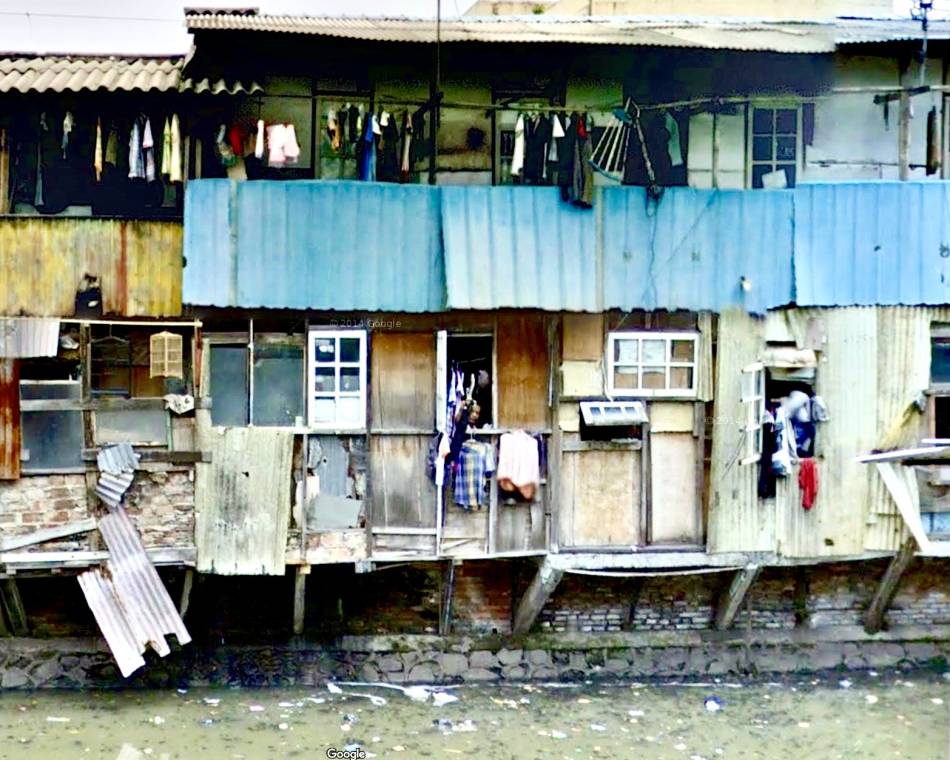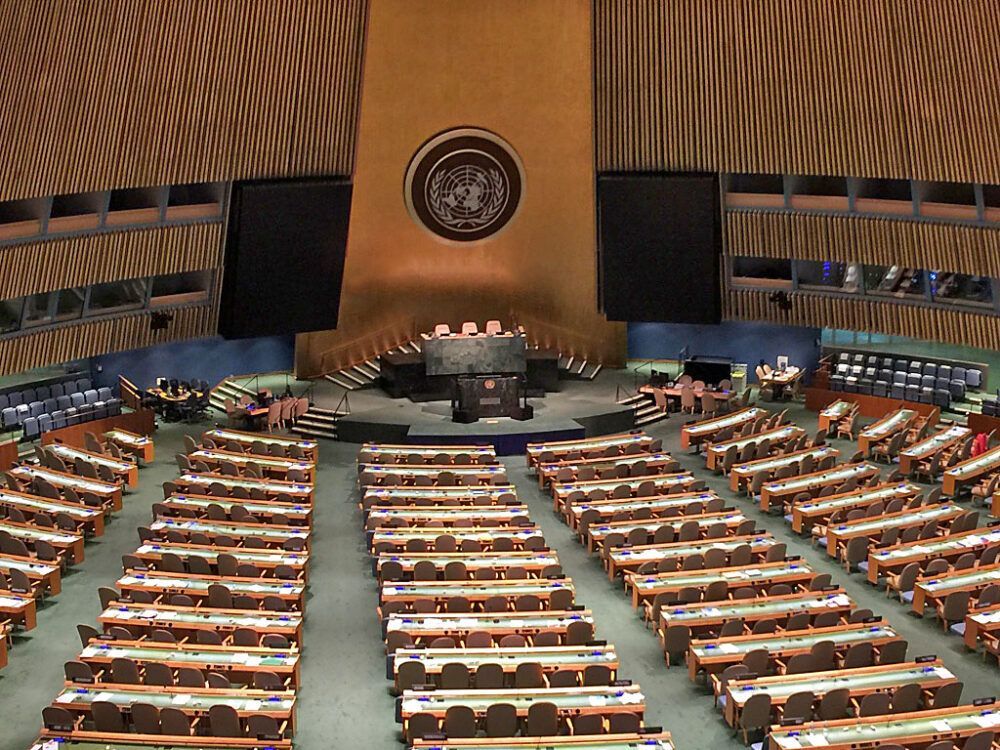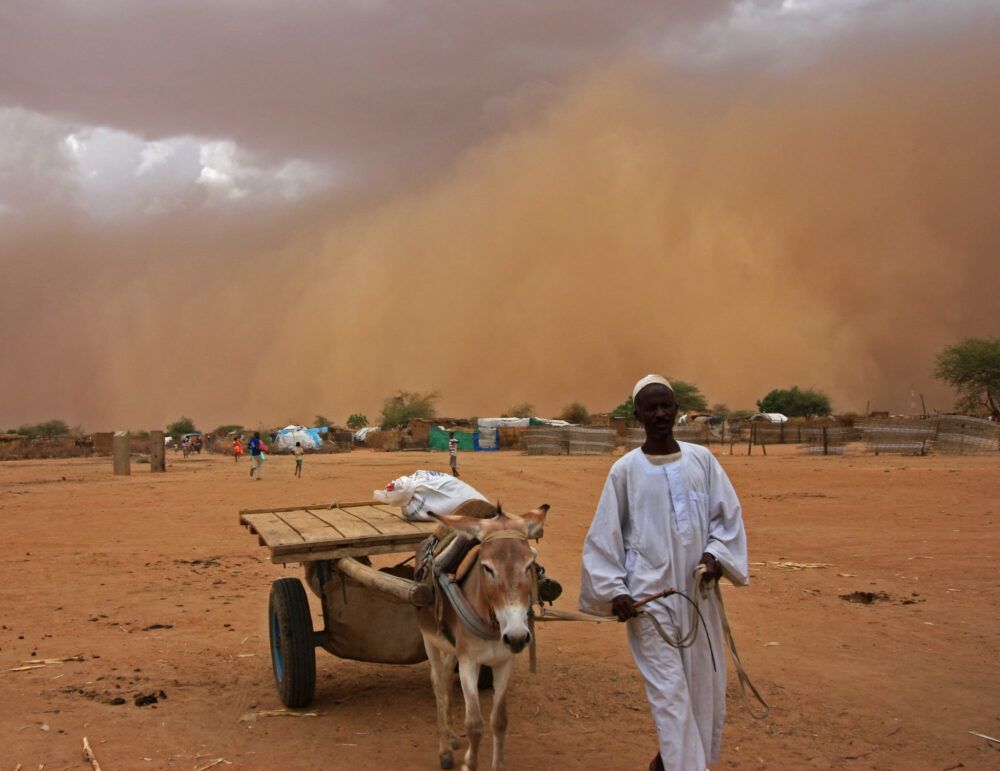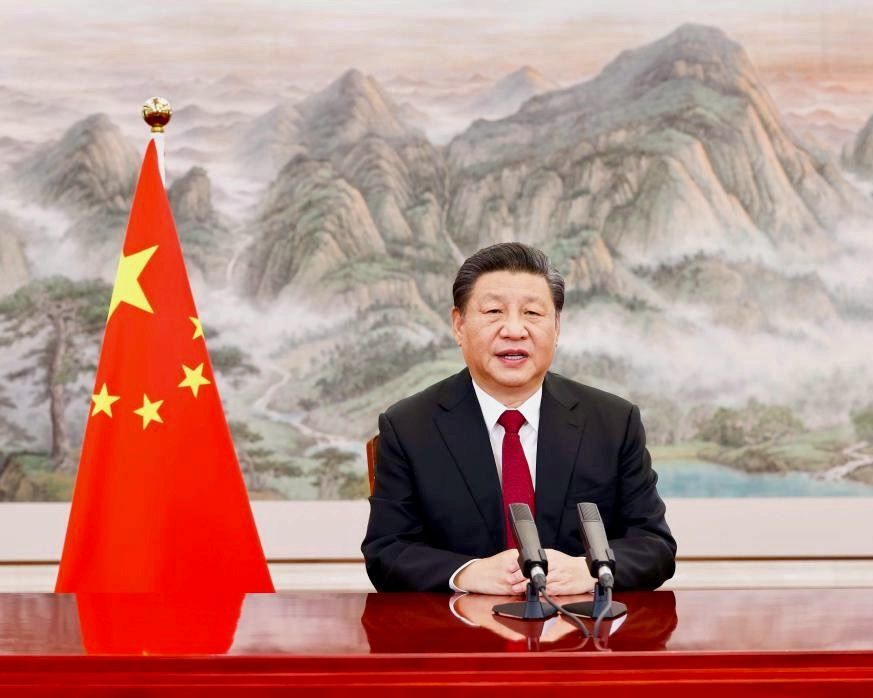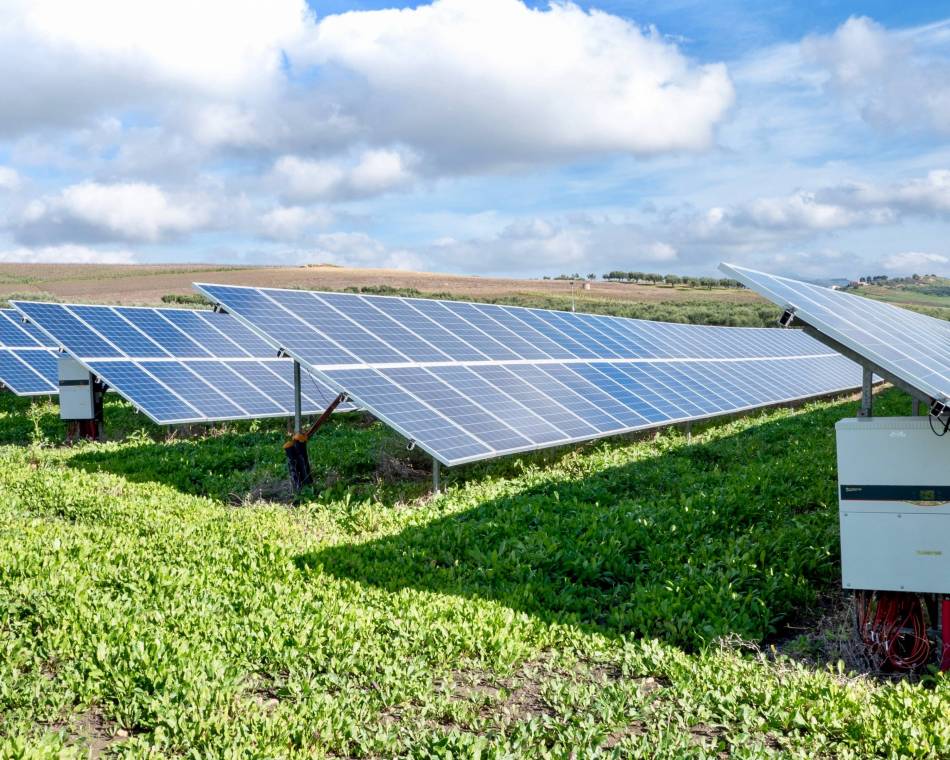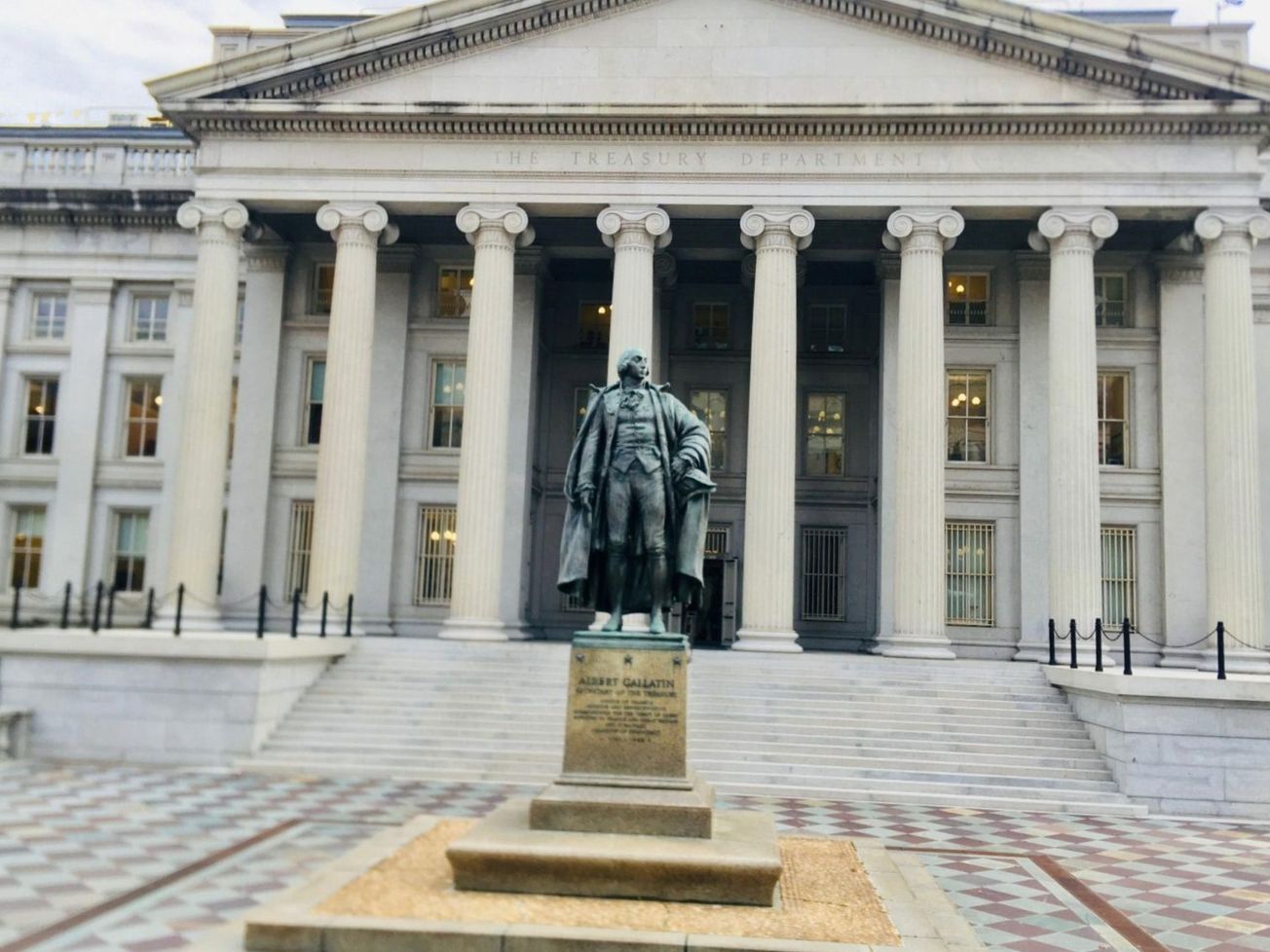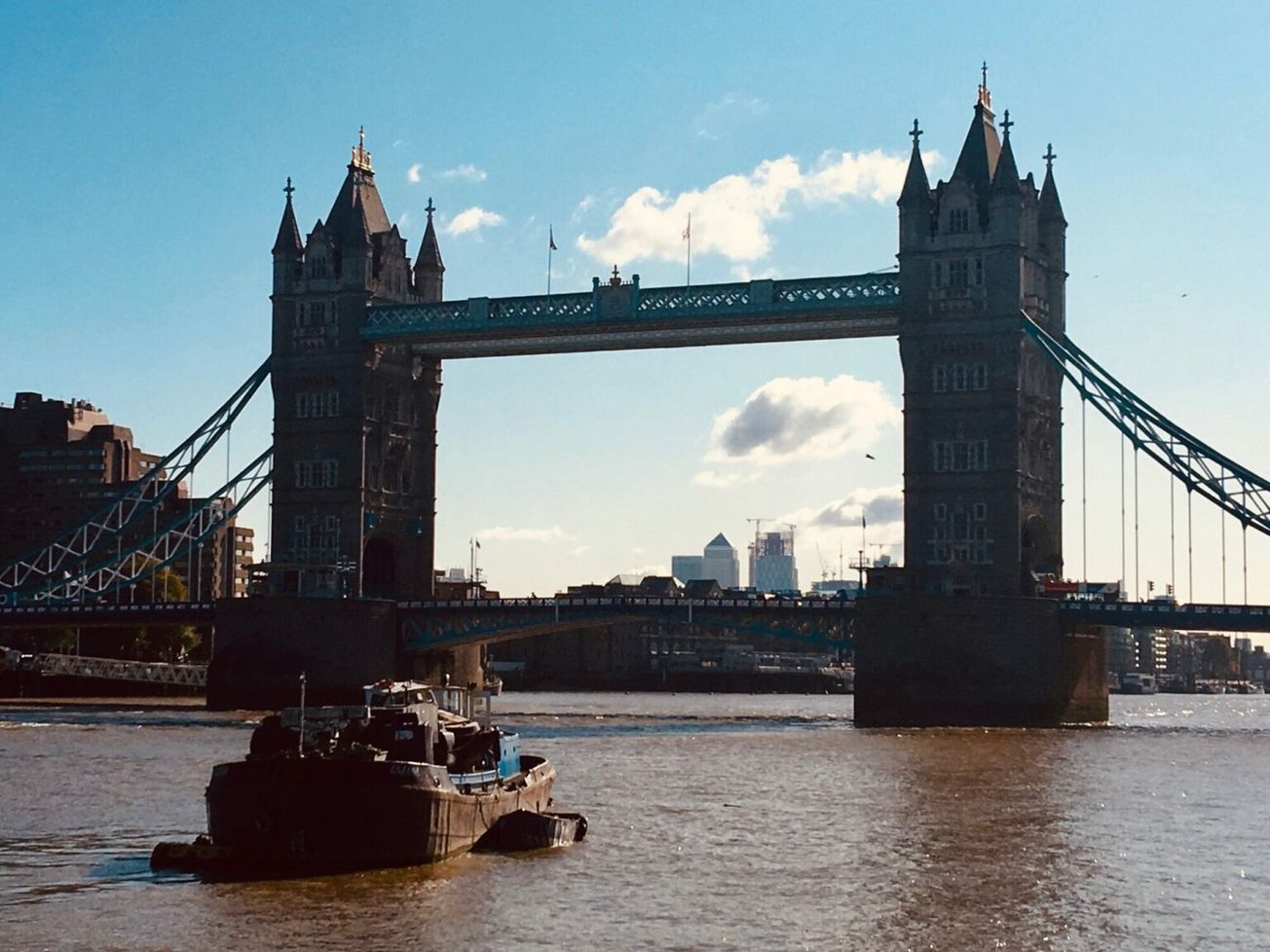
African nations pay 'extortionate' interest rates on debt, U.N. chief says
Women and girls still don't get the support they need, the U.N. chief said, and African nations cannot develop with "one hand tied behind their backs."
The IMF is a cooperative institution of member countries that lends money to members having difficulties meeting financial obligations to other members. The loans are handed out on condition that economic reforms are undertaken to eliminate these difficulties for their own good and that of the entire membership.

Already have an account? Log in
Women and girls still don't get the support they need, the U.N. chief said, and African nations cannot develop with "one hand tied behind their backs."
Drought, floods, disease outbreaks and a global food crisis add pressure for real action at the U.N. climate summit in Egypt.
With leadership under fire and a mix of crises, finance ministers and central bankers held World Bank meetings.
The world is on the brink of recession, UNCTAD said in projecting growth slowing to 2.2% in 2023 with cascading crises of debt, health and climate.
With 50 million 'a step away from starvation,' humanitarian groups calculate a person dies of hunger every four seconds.
Skyrocketing food and energy prices caused by Russia's invasion of Ukraine pushed 71 million more people into extreme poverty, UNDP reported.
More than 40 nations and international organizations signed onto a roadmap for Ukraine's recovery with longterm support.
Proportion of voting rights in international organizations, with only small changes over time to reflect agreement on suspension and negotiated changes.
Share of members of international organizations defined as developing countries.
Despite U.S.-China tensions, leaders touted cooperation on the pandemic, climate action, and economic recovery during the Davos Agenda virtual gathering.
The rise of ESG investing creates an "urgent demand for global standards," says an organization working on them as the next U.N. climate summit nears.
A global summit's mood was perhaps best reflected in the U.N. chief beaming at the new U.S. climate envoy's pledge to restore American climate leadership.
The IMF was thrust into a dispute over currency manipulation as the U.S. accused Vietnam and Switzerland of currency manipulation.
The G-20 major economies agreed to a framework for more debt relief among poor nations, responding to appeals from humanitarian and economic leaders.
The top U.N. official for global climate action said 65% of the world body's 193 member nations will seek net zero carbon emissions by 2050.
Experts cautioned a move by the world's richest countries to give the poorest ones more time to pay off debts will not do enough to alleviate massive suffering.
